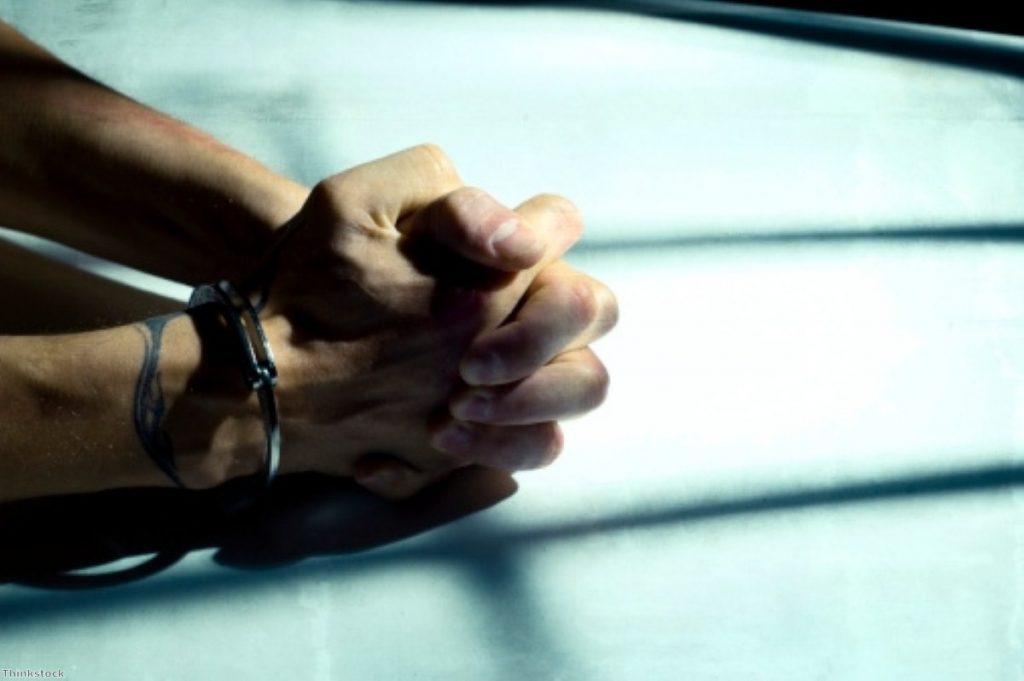Prisoner voting: Grayling eggs on parliament to defy Europe
Parliament will ultimately decide whether or not prisoners are allowed to vote or not, justice secretary Chris Grayling has reassured MPs.
The UK government has waited until the last possible moment before taking steps to comply with the European court of human rights' ruling that Britain's complete ban on prisoner voting is incompatible with the European Convention on Human Rights.
Making a statement to MPs this lunchtime, Grayling cited legal advice on the Human Rights Act 1998 which made clear that parliament could legislate to breach individuals' human rights if it wished.
The Ministry of Justice has published draft legislation, which will be scrutinised by MPs until next spring, which offers three options for compliance: maintaining the status quo, giving the vote to prisoners behind bars for six months, or giving it to all those serving a custodial sentence of under four years.


"It is up to government make proposals, but ultimately for parliament to determine what it wants to do," Grayling told the Commons.
"Parliament is sovereign in this area, nobody can impose a solution on parliament, but the accepted practice is that the United Kingdom observes its international obligations."
Last year the Commons voted by 234 to just 22 in favour of maintaining the ban on prisoner voting.
"The constraints exercised on parliament are ultimately political, not legal, but the principle of legality means parliament must confront what it is doing and accept the political cost," Grayling added.
David Cameron has adopted a strategy of foot-dragging to put the issue off. He told MPs this autumn: "Prisoners are not getting the vote under this government."
Not all support the majority view that all those in prison should lose their right to vote, however.
Labour backbencher Paul Flynn warned: "Aren't we in grave danger of insisting on the British way on a relatively insignificant matter and giving an open invitation to other countries in Europe to mistreat their prisoners?"
Mark Day of the Prison Reform Trust wrote in a comment piece for politics.co.uk last month that those sent to prison were behind bars to lose their liberty rather than their identity.
"The UK's ban on sentenced prisoners voting, based on the 19th century concept of civic death, has no place in a modern democracy and is legally and morally unsustainable," he argued.

